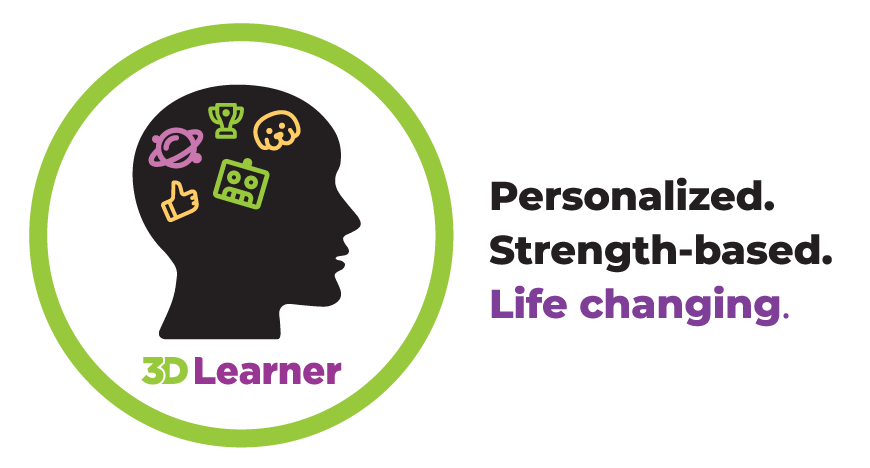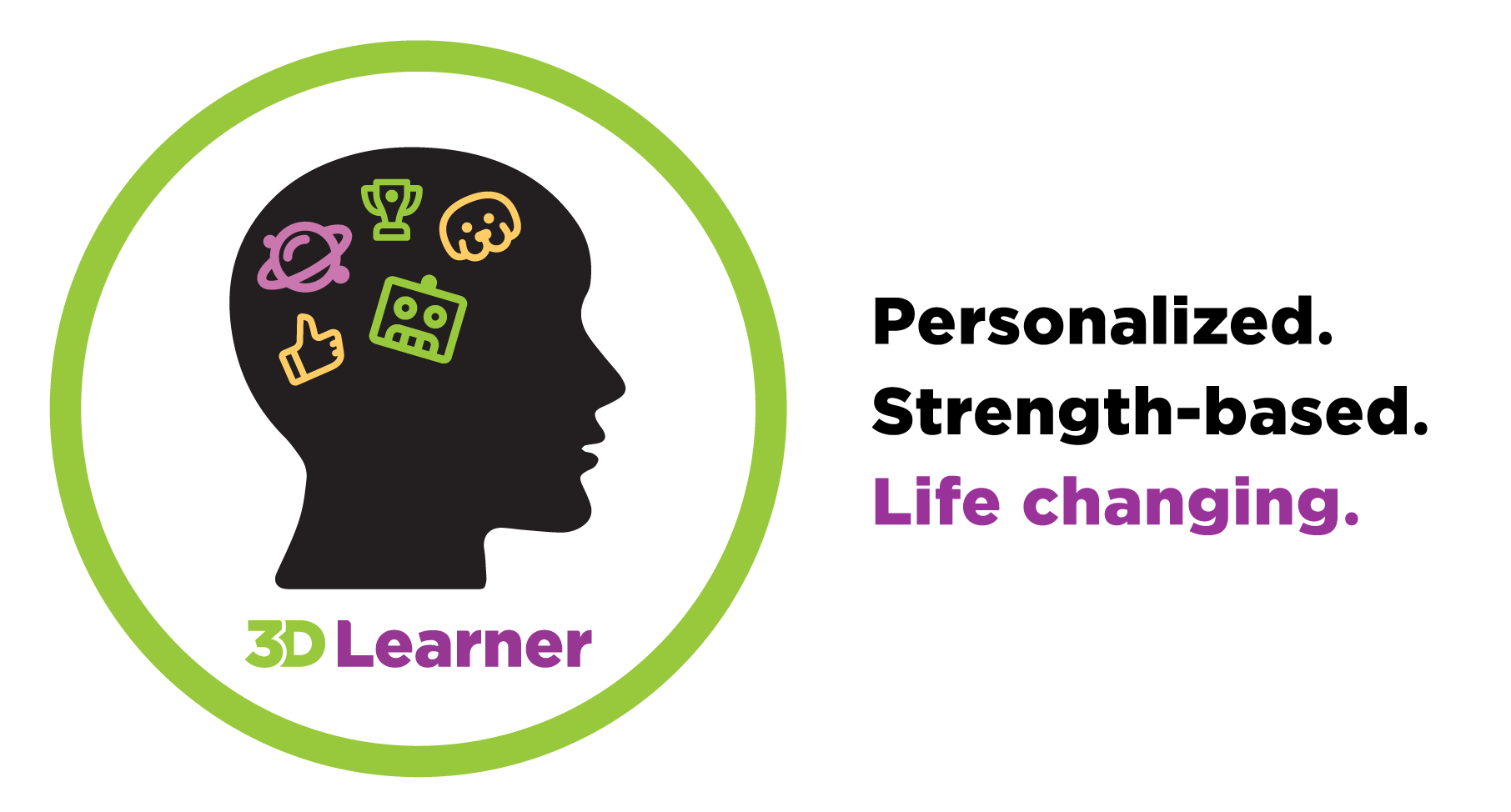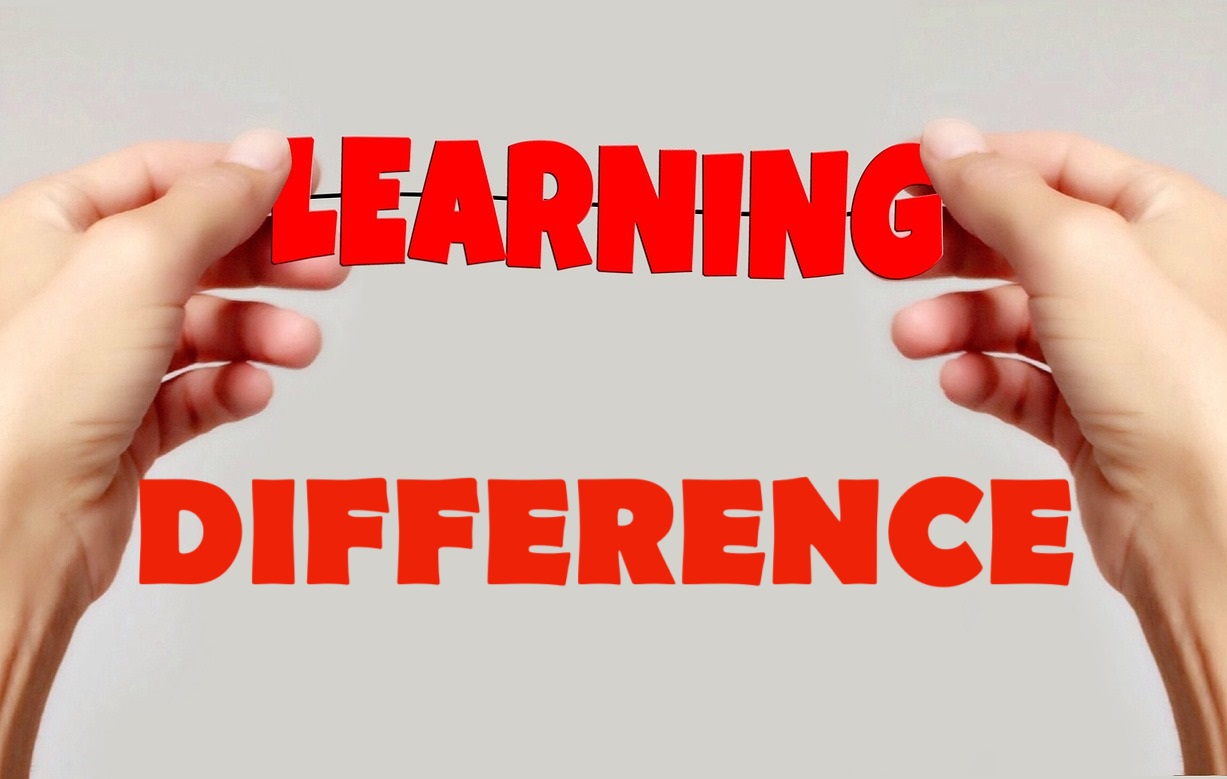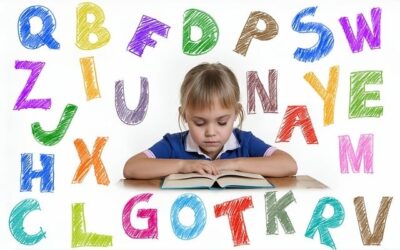Knowing your child learns differently is helpful for your child, their teachers and you. As parents, we’re always learning about our kid; what makes them laugh, what foods they hate, how they act when they’re tired. But one thing that can truly change the game is understanding how they learn.
Some kids don’t follow the traditional path when it comes to school. Maybe they struggle with reading, can’t seem to follow directions, or zone out in class but light up when building something with their hands. These might be signs that your child learns differently—and discovering that ASAP can be one of the most powerful tools in your parenting toolkit.
Note, we did not capitalize on our daughter’s learning difference until 11th grade — it is never too late.
Here is an excellent tool to see if your child is a right-brain learner, a kinesthetic learner, or a visual-spatial learner — who learns best when he or she sees and experiences information. Do this with your child, their answers may surprise you.
Here are 7 reasons why knowing if your child learns differently really matters:
-
Identifying a learning difference can change your perspective on your child’s potential.
Knowing your child learns differently provides a new perspective on why your child is not performing up to their potential. We have seen really smart and even gifted kids who learn differently struggle, despite IQs of 120, 130 and even 140. Once their parents knew their child learned differently and found the right program, their child was able to excel.
-
Knowing your child learns differently can change the type of learning program or tutor you choose.
Like many others, we invested in two dyslexia programs, a couple of reading tutors and a learning center. It was not until I developed what has become known as the 3D Learner Program ® that my daughter was able to improve her reading comprehension 4.2 grade levels in 7 months. Since then, I have found that most kids who learn differently have some combination of dyslexia, visual processing, executive function and/or anxiety challenges. If your child learns differently, it helps to leverage a program that:
- Teaches the way your child learns best
- Identifies and addresses their challenges and
- Helps you to be the coach and advocate your child needs
-
It Changes the Way You Talk to Them
Ever feel like your kid just doesn’t hear you? You’re not alone. If your child has a learning difference, they might not catch multi-step directions the first time around. When you know what’s going on, you can switch up your communication—maybe using visual aids, fewer steps, or written notes. It’s not about simplifying; it’s about connecting in a way that works for them.
-
It Helps You Find the Right Teacher (and School Fit)
Some teachers naturally “get” kids who learn differently. Others, not so much. When you understand your child’s learning needs, you can advocate for teachers who use flexible methods and know how to bring out your child’s strengths. It might also guide you toward schools with support systems in place—whether that’s an IEP, smaller class sizes, or just a more creative approach to learning.
-
It Opens the Door to Better Explanations—and Provides Examples of Many Famous People Who Learn Differently
Here’s something amazing: many well-known creators, entrepreneurs, and innovators—think Richard Branson or Steven Spielberg—learned differently, too. Your child might struggle with traditional reading or writing but shine in storytelling, design, or problem-solving. When you understand how their brain works, you can explain things in a way that actually clicks and help them lean into the things they’re naturally great at.
-
It Helps When You Catch Related Challenges Early
Learning differences don’t always come alone. If your child has trouble with sight words, it might not just be about reading—it could be a visual processing issue, attention, working memory, processing speed and/or anxiety. Struggles with writing might link to fine motor delays or dysgraphia. Knowing your child’s learning style can help you spot patterns and get ahead of potential issues before they snowball.
-
It Can Be a Huge Boost to Their Confidence
This one’s big. When kids don’t understand why school feels so hard, they often start to think they’re “not smart” or that something’s wrong with them. But when they realize they just learn differently, everything changes. They begin to see themselves as capable, creative, and unique. And when a child believes in themselves? That’s when the magic really starts.
Parenting Takeaway: Knowing Is Empowering
Every child deserves to feel understood, supported, and confident in their abilities. If you suspect your child might learn differently, trust that little voice in your head. Talk to their teachers. Look into assessments. Learning more about how your child’s brain works doesn’t limit them—it empowers you to help them grow into their best self.
And honestly? There’s nothing more powerful than a kid who knows they’re not “less than”—just wired for something different and amazing.
Here is an excellent tool to see if your child is a right-brain learner, a kinesthetic learner, or a visual-spatial learner — who learns best when he or she sees and experiences information.
If you would like access to our Parenting Guide for Kids Who Learn Differently, enter your information below
The Parenting Guide for Kids Who Learn Differently is a 5-installment series that addresses:
- Recognizing that it often gets worse for smart struggling kids who learn differently, the upside which is far greater than most people think it is and the pivotal role that you the parent plays
- Identifying your child’s strength, challenges and present level of performance. While many people inquire about a student’s challenges, at 3D Learner we focus on a student’s strengths and interests to engage and connect to the student, to generate more significant gains and to build a child’s self-esteem. We also assess for dyslexia, executive function and visual processing issues.
- Goal Setting for small and significant gains. While others may focus on Dyslexia, ADHD or Executive Function issues, we set goals that might include improved Reading Fluency, Reading Comprehension, Executive Function Skills, Self-esteem and the sport or activity your child enjoys the most.
- Help that is needed — both from school-based and outside professionals
- Taking massive action to really make the difference
If you would like to engage in a 30-minute no cost conversation, call us at 561-361-7495 or click here to schedule a mutually agreeable time to have a conversation.





